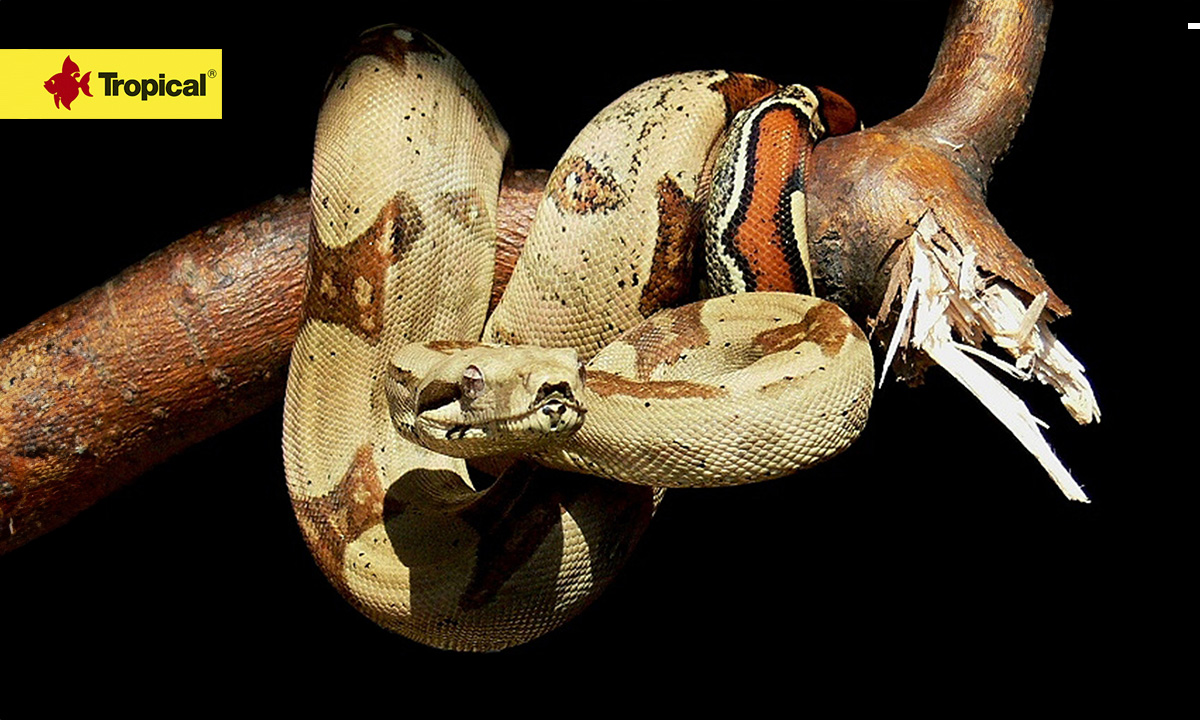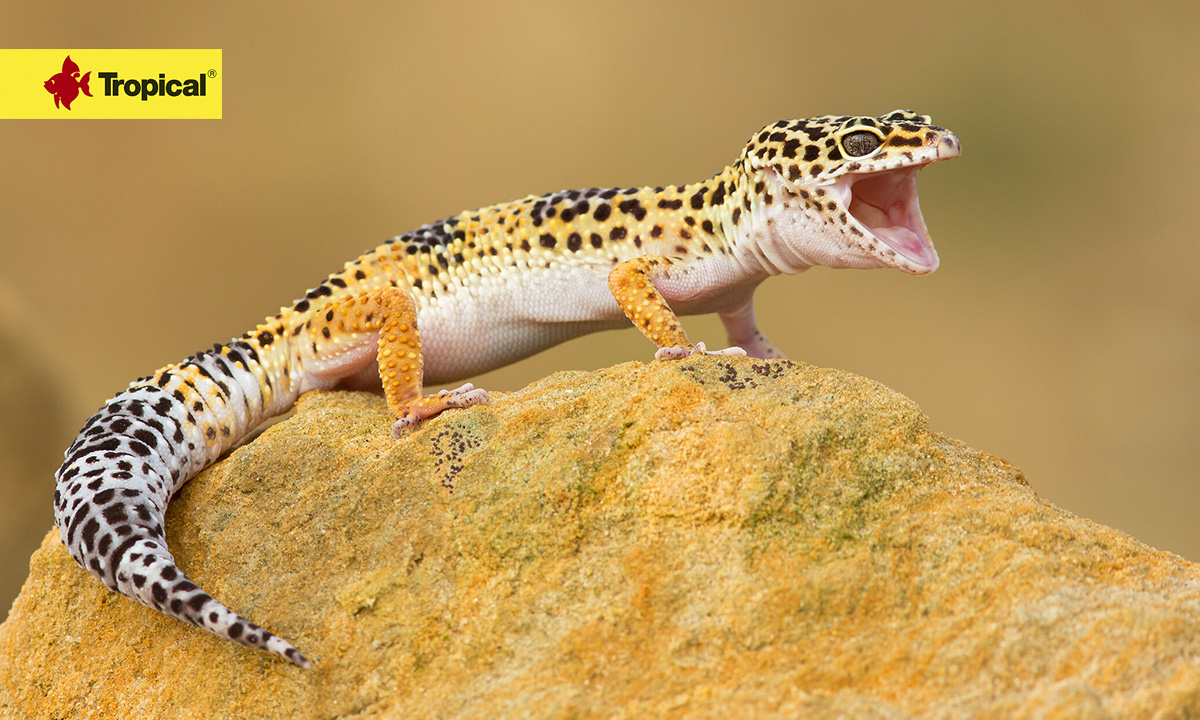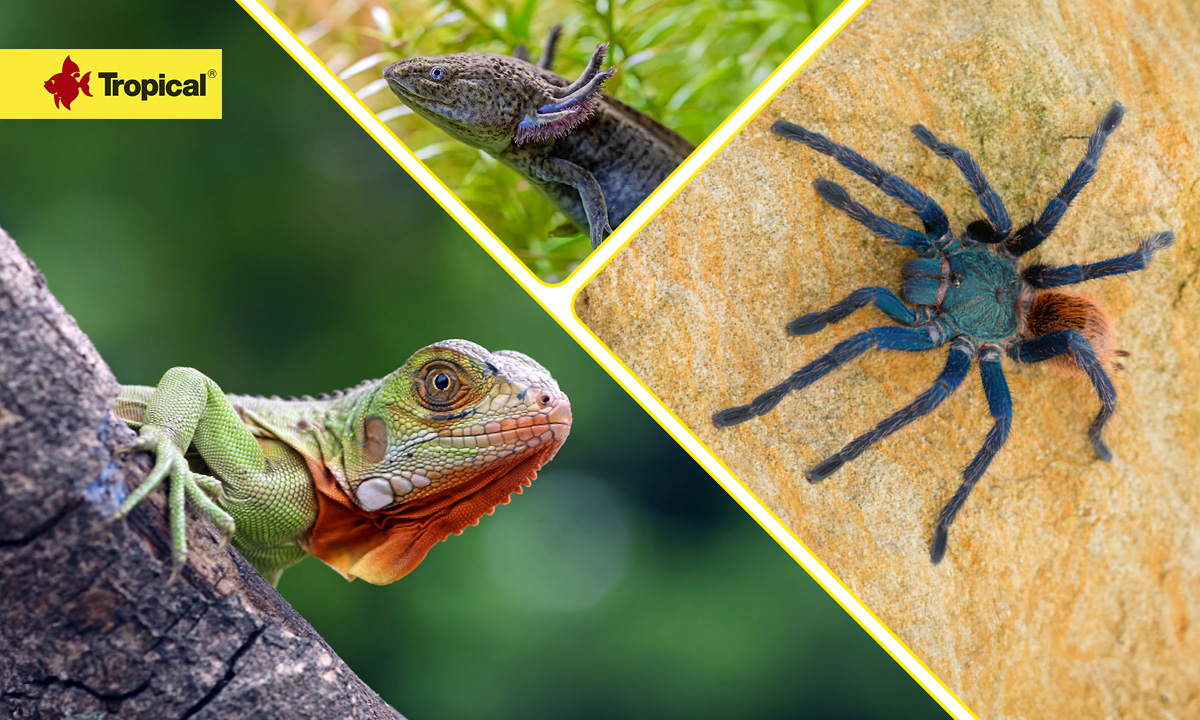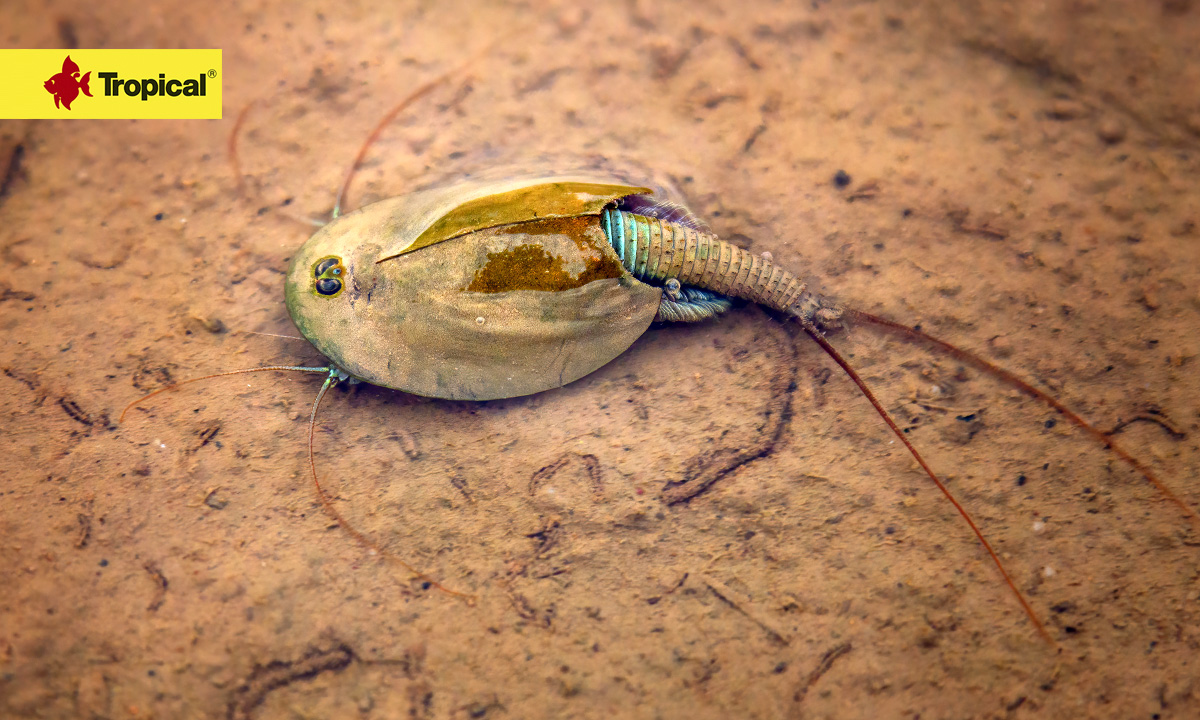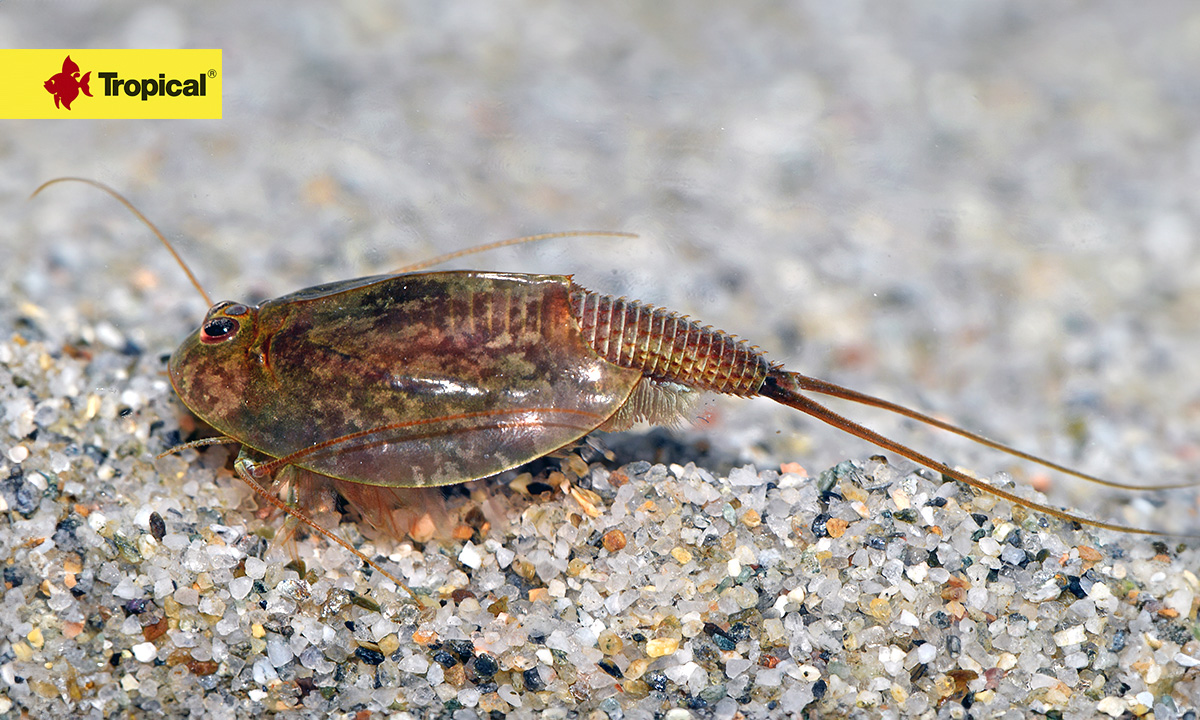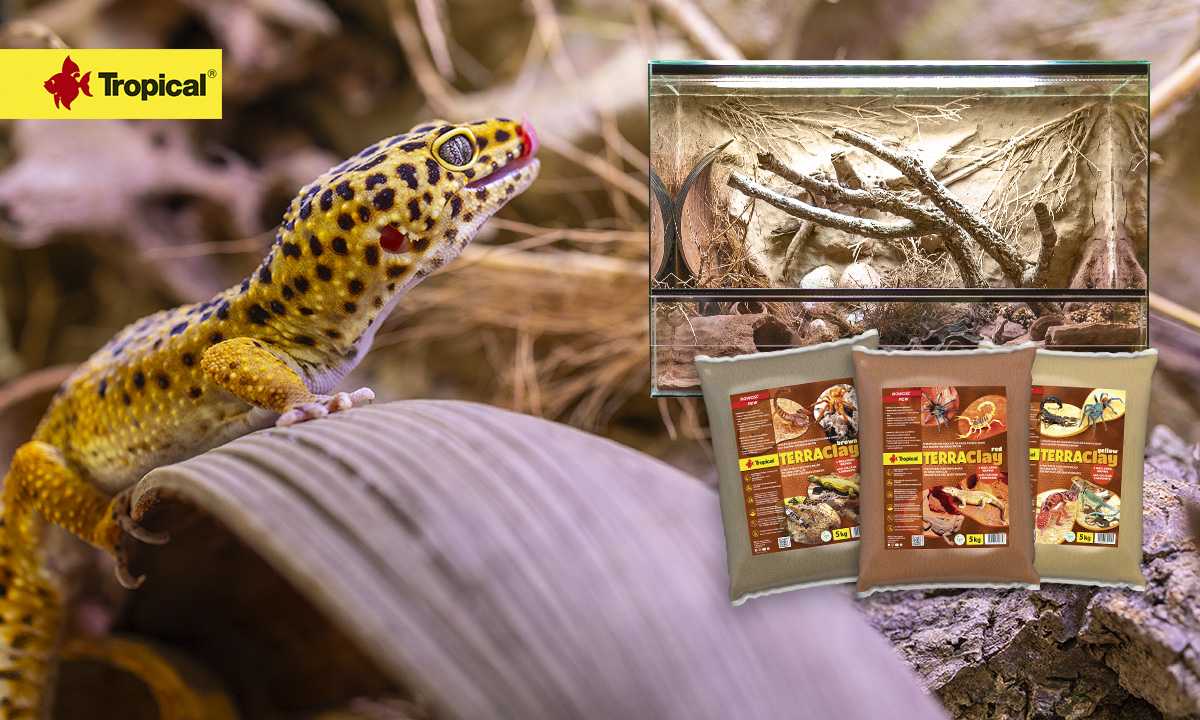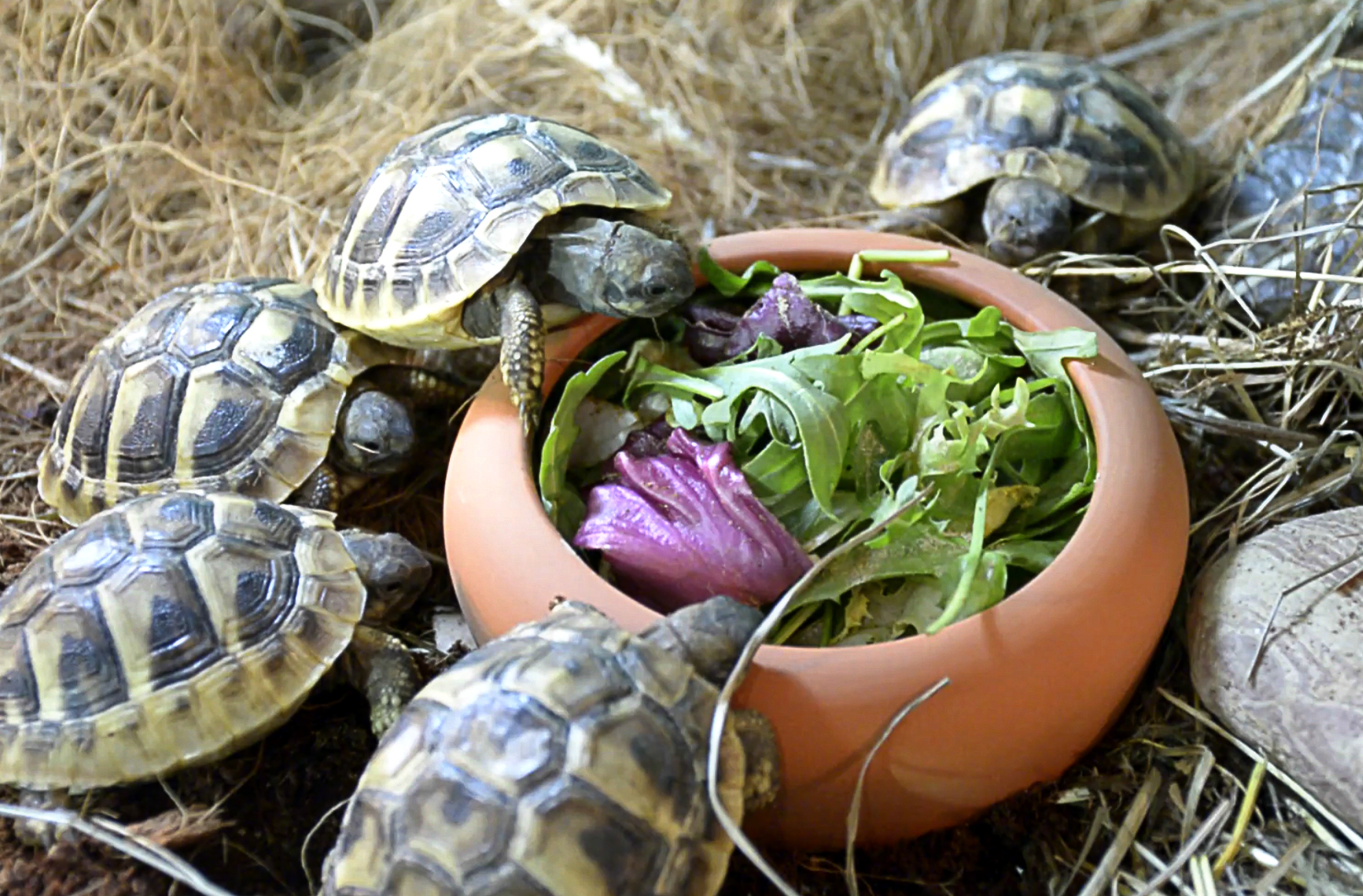Is it necessary to provide supplements for reptiles with minerals and vitamins?
Supplements for reptiles with minerals and vitamins are one of the key factors that determine good condition of our reptiles and breeding success. Proper mineral-vitamin balance is very important as it improves reptiles’ appetite, vitality, condition and ability to fight infections.
Why are supplements for reptiles so important?
Even if we try really hard, we can never provide captive reptiles with food as rich in minerals and vitamins as they would get in their natural environment. Therefore, we must make a good use of available substitutes. But the problem is that the substitutes do not always cover animals’ nutrient, vitamin, and macro- and micronutrient needs.
Farmed insects, while rich in protein and fat, are poor in calcium. They also have an abnormal calcium to phosphorus ratio. Hence this food is not as varied as in nature. Typically, the reptile menu in terraria is limited to 4–5 types of insects (crickets, blattodea, locusts, mealworms and super worms) and it is only a small fraction of what is available for wild animals. In addition to insects, wild reptiles often eat snails, centipedes, spiders, and crustaceans. There is a reason why “meadow plankton” was once considered the best food source for insectivorous reptiles. Today, due to the widespread use of pesticides, it is unfortunately too risky to feed reptiles with.
Moreover, the soils and rocks in the natural habitats of reptiles are very often rich in essential minerals and the animals can lick them off. Many reptiles also tend to instinctively swallow bits of substrate. Finally, plants from arid and semi-arid areas often have much higher tissue calcium levels than green plants provided in terrariums.
Supplements for reptiles with minerals and vitamins vs. sunlight
Sunlight is extremely important for reptiles. It provides the life-giving heat needed by reptiles to keep their metabolism at the right level. It also enables the production of vitamin D3, which is synthesized in the skin when reptiles are exposed to UVB radiation. Together with vitamin K2 and parathormone, it is responsible for calcium and phosphorus balance of the body. However, under terrarium conditions, the quality and timing of exposure are not always sufficient to ensure adequate vitamin D3 production. This is why supplements are so important in reptile diet to enrich their diet with essential vitamins and minerals.
How to properly provide supplement for reptiles?
Using supplements for reptiles is not as simple and obvious as it may seem at first glance. Admittedly, we have the access to knowledge obtained in research on reptile metabolism and the mechanisms of regulation of mineral and vitamin metabolism, but still we need to work out our own system of calcium and vitamin supplementation.
The most common feeding problems in reptiles are calcium and vitamin D3 deficiencies, or too much of these components in the diet. Therefore, every reptile lover should learn more about their role and correlations. This information will help them prevent or deal with the following undesirable situations:
- too little calcium in the diet and too little calcium relative to phosphorus,
- deficiency or excess of vitamin D3 in the diet of reptiles,
- too much calcium and vitamin D3 in the diet.
Literature
Konkol D., Cholewińska P., Błędy żywieniowe i wynikające z nich choroby metaboliczne gadów, Życie Weterynaryjne 93(8), 2018.
Stahl Scott J., Feeding carnivorous and omnivorous reptiles, DVM, DABVP (Avian) Proceedings, Association of Reptilian and Amphibian Veterinarians, 2000.
McWilliams D.A., Nutrition research on calcium homeostasis. I. Lizards (with recommendations), Int. Zoo Yb. 39, 2005, s. 69–77.
Kolb S., Nutritional Secondary Hyperparathyroidism in reptiles, Veterinary Nursing in Action (oct/nov), 2017.
Mancinelli E., Overview of common nutritional disorders of captive reptiles, Vet Times – The website for the veterinary profession, September 21, 2015, https://www.vettimes.co.uk.
Pough F.H., Recommendations for the Care of Amphibians and Reptiles in Academic Institutions, National Academy Press, 33(4), Washington 1991.
Laing C.J., Fraser D.R., The vitamin D system in iguanian lizards, Comparative Biochemistry and Physiology, Part B 00 373–379, 1999.
Xie S., Low Ji Z., Vitamin A Balance in Reptiles, Conference: Singapore Veterinary Association/Asian Society of Zoo and Wildlife Medicine/Unusual and Exotic Pet Veterinarians/Association of Avian Veterinarians – Australasian Committee Joint Conference, 2013.

